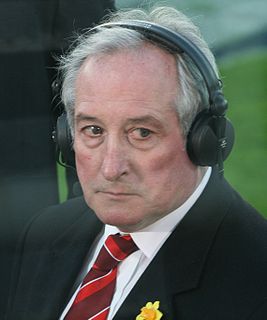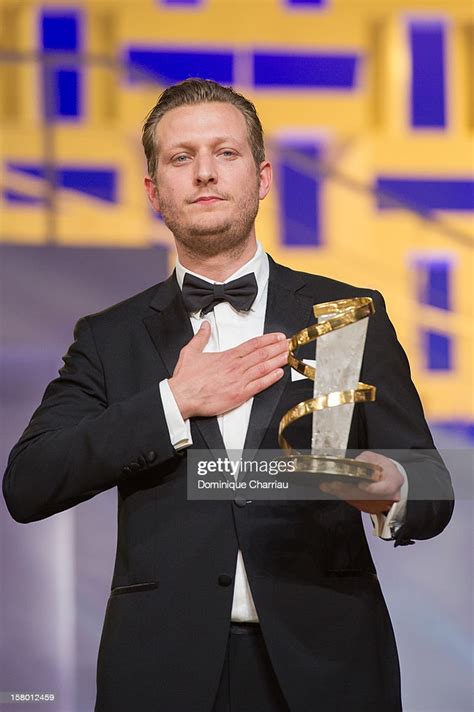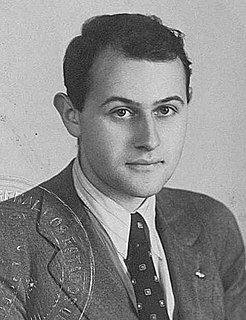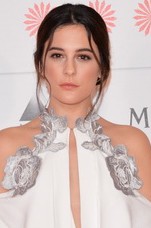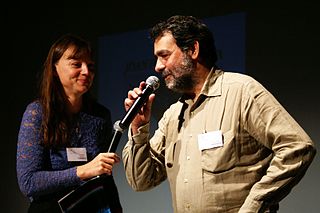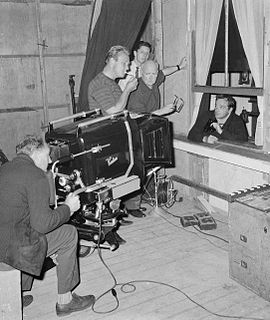A Quote by Gareth Edwards
In a drama, the camera doesn't exist. In a documentary, it does.
Quote Topics
Related Quotes
Look at the genres women like: a romantic comedy game doesn't exist. Few examples of a documentary game exist. What is the equivalent of a real drama game? They don't exist. Emotion with that complexity for a more mature, older audience are necessary to make medium-like video games healthy so it can be highly respected like the film industry.
The camera course was a bit crap. But when I was in drama school, I wasn't interested. I wanted to be a stage actress. I was not interested in learning camera craft. But then you throw yourself in the deep end when you do get a job in front of the camera because you have absolutely no idea what you're doing, and it is a skill.
Above all, documentary must reflect the problems and realities of the present. It cannot regret the past; it is dangerous to prophesy the future. It can, and does, draw on the past in its use of existing heritages but it only does so to give point to a modern argument. In no sense is documentary a historical reconstruction and attempts to make it so are destined to failure. Rather it is contemporary fact and event expressed in relation to human associations.
